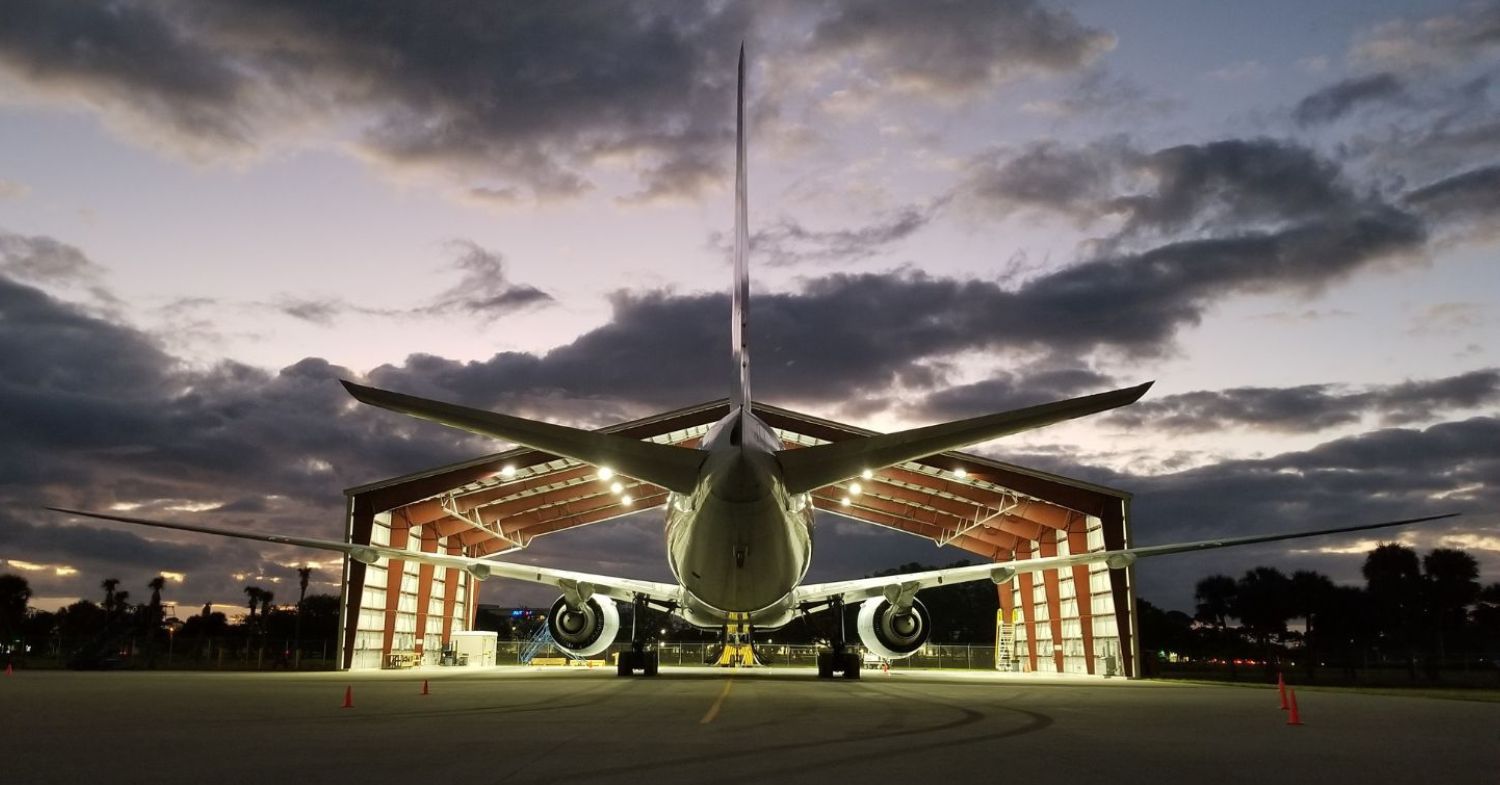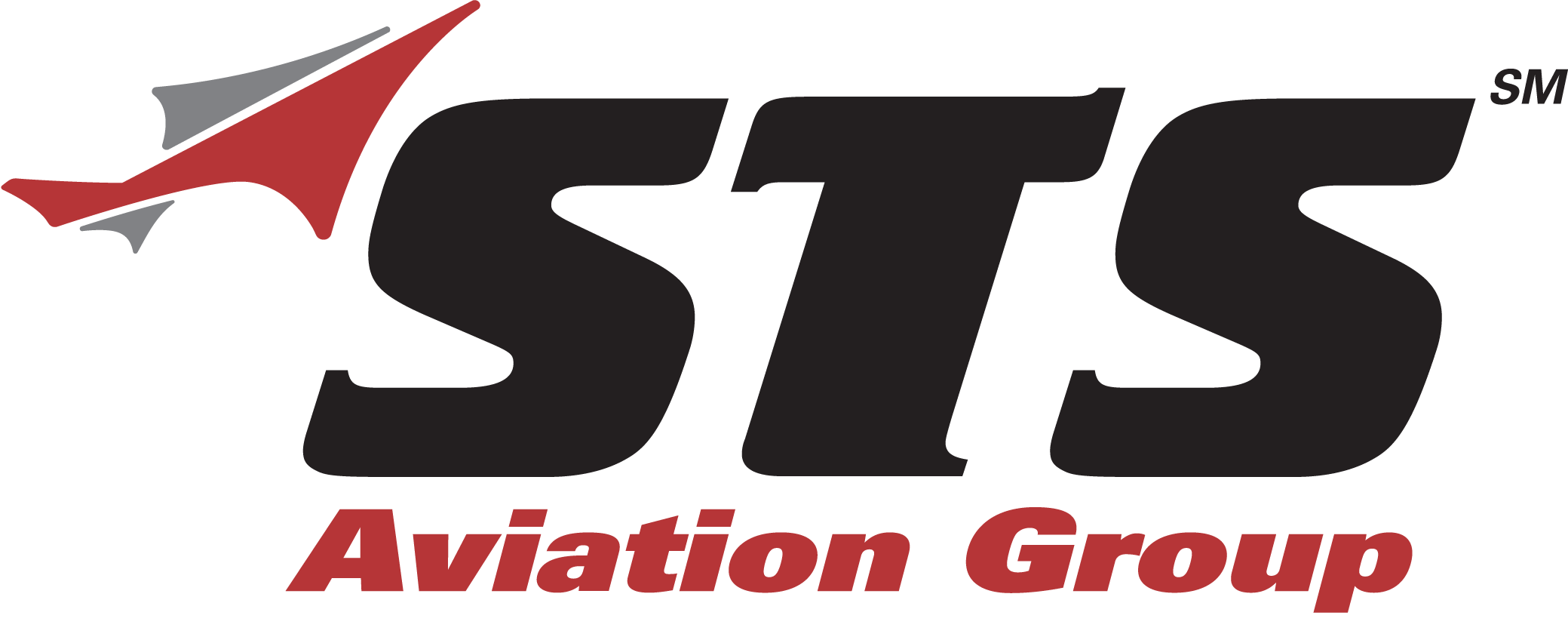Soaring into the Future: Exploring the Evolution of the Aircraft Maintenance, Repair, and Overhaul Industry

The aircraft maintenance, repair, and overhaul (MRO) industry is an essential component of the aviation sector, ensuring the safety, reliability, and efficiency of aircraft operations. As technology continues to advance at a rapid pace, the MRO industry is poised to undergo significant transformations in the near future. This article delves into the key trends and innovations shaping the future of the aircraft MRO industry.
Advanced Data Analytics and Predictive Maintenance:
In the future, aircraft maintenance will be increasingly driven by data analytics and predictive maintenance techniques. Airlines and MRO providers will harness vast amounts of data collected from aircraft sensors, flight data recorders, and real-time monitoring systems to optimize maintenance schedules. By analyzing this data, engineers will be able to detect potential failures before they occur, allowing for proactive maintenance, reducing downtime, and optimizing operational efficiency.
Adoption of Internet of Things (IoT) and Connectivity:
The advent of IoT and enhanced connectivity will revolutionize the MRO industry. Sensors embedded in aircraft systems will provide real-time monitoring of crucial components, allowing for continuous health monitoring. This connectivity will enable remote diagnostics, troubleshooting, and even virtual repairs, reducing the need for physical inspections. IoT integration will also facilitate improved inventory management and streamline the supply chain, ensuring timely availability of spare parts.
Automation and Robotics:
Automation and robotics will play a significant role in the future of MRO operations. Robotic systems will increasingly be used for routine inspections, repairs, and maintenance tasks. Drones equipped with high-resolution cameras and sensors will conduct visual inspections of aircraft exteriors and challenging-to-reach areas. Additionally, robotic systems will assist in repetitive tasks, such as component testing, reducing human error and improving efficiency.
Augmented Reality (AR) and Virtual Reality (VR):
AR and VR technologies will transform MRO training and support operations. Maintenance personnel will utilize AR headsets or mobile devices to access real-time data overlays, digital instructions, and remote expert assistance. VR simulations will provide immersive training experiences for complex maintenance procedures, enhancing skill development and reducing training costs. These technologies will enhance safety, efficiency, and accuracy in MRO tasks.
3D Printing and Additive Manufacturing:
The MRO industry will increasingly leverage 3D printing and additive manufacturing techniques for on-demand production of spare parts. This technology allows for rapid prototyping and customization, reducing lead times and costs associated with traditional part sourcing. 3D printing will enable MRO providers to produce complex components and optimize inventory management, ensuring availability of parts while minimizing storage requirements.
Artificial Intelligence (AI) and Machine Learning (ML):
AI and ML will revolutionize several aspects of the MRO industry. They will aid in predictive maintenance, anomaly detection, and fault diagnosis by analyzing vast amounts of data. AI algorithms will enable proactive decision-making, optimizing maintenance schedules and resource allocation. ML algorithms will also assist in the development of smarter and more efficient MRO processes, enhancing aircraft performance and extending their lifespan.
Sustainability and Green Initiatives:
The future of the MRO industry will witness a greater emphasis on sustainability and environmental stewardship. The industry will strive to minimize waste, optimize energy consumption, and reduce carbon emissions. MRO providers will adopt eco-friendly practices, such as recycling and repurposing of components, eco-efficient facilities, and the use of sustainable materials. Furthermore, the industry will actively participate in the development and integration of electric and hybrid aircraft technologies.
Conclusion:
The aircraft maintenance, repair, and overhaul industry is on the cusp of a transformative era driven by technological advancements. Advanced data analytics, IoT integration, automation, AR/VR, 3D printing, AI/ML, and sustainable practices will shape the future of MRO operations. These innovations will improve safety, increase efficiency, reduce costs, and enhance aircraft performance. As the industry evolves, collaboration between airlines, MRO providers, and technology companies will be vital to ensure seamless integration and unlock the full potential of these transformative technologies.
The future of the aircraft MRO industry is promising, paving the way for a safer and more sustainable aviation landscape.


